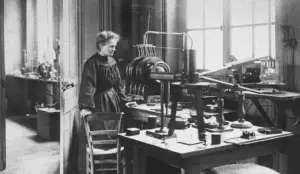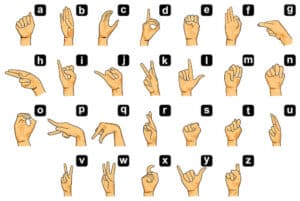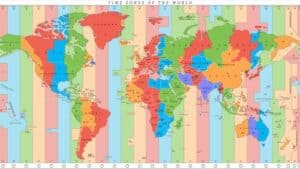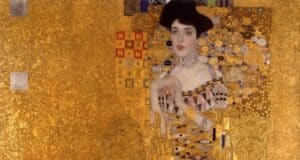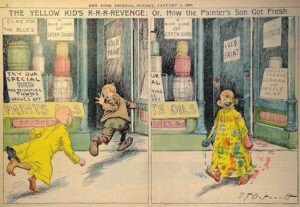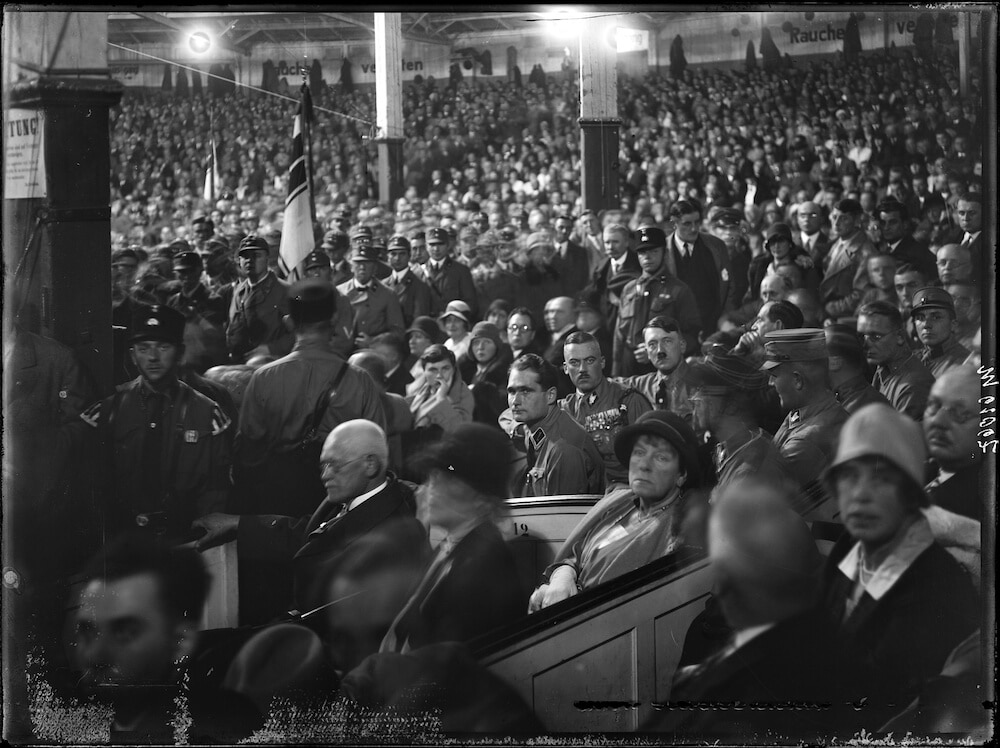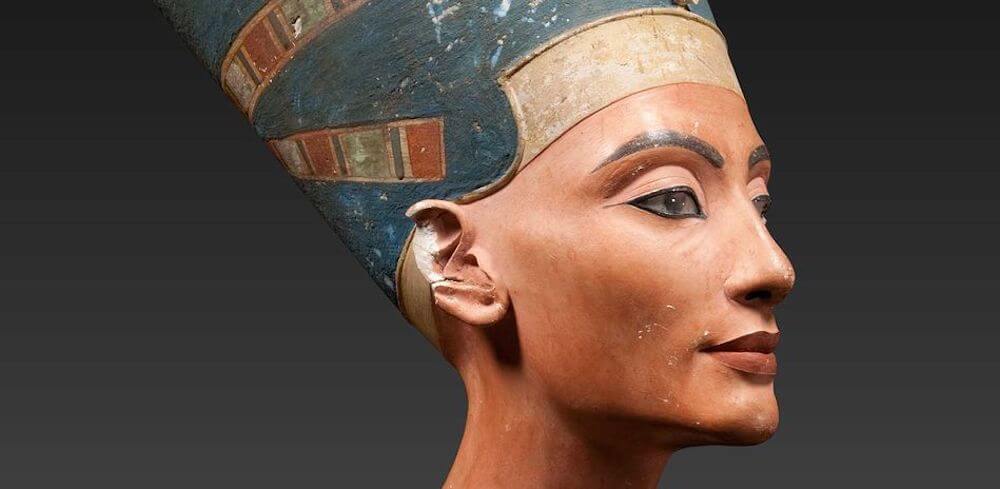Napoleon Bonaparte: Five Surprising Facts You May Not Know
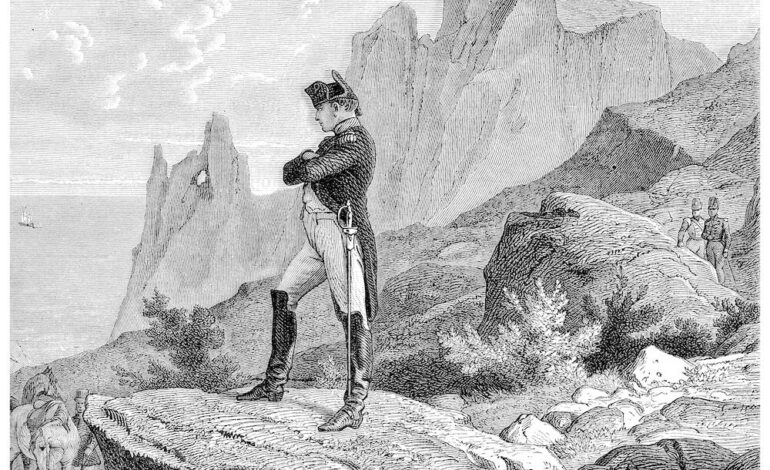
Napoleon Bonaparte was the son of an anti-French nationalist who became the Emperor of the French
Considered either a national hero or a tyrant, Napoleon Bonaparte is probably the most famous military and political leader in history. He led many successful military campaigns, overthrew the revolutionary government in 1799 to become the de-facto leader of the French republic, and was crowned as the Emperor in 1804.

He continued waging numerous wars and invasions, winning most of the battles—until the defeats in 1814 and 1815, which collapsed his empire.
Despite his exploits being widely documented and researched, he remains the subject of many myths and speculations. His life is fictionalized in films, TV series, and books.
When learning about a historical figure—especially of this caliber—it is easy to fall into the narrative tracks of significant events, remarkable victories, and crushing defeats, neatly ordered in chronological order. But, unfortunately, the real person often becomes obscured behind this aura of grandeur and mystique.
So, we won’t touch the conquests nor the political maneuvers. Instead, we’ve assembled some, perhaps, less obvious facts about Napoleon.

Born in Corsica, Napoleone di Buonaparte was the son of Carlo Buonaparte, a lawyer, and his wife, Letizia Ramolino, both from minor noble families of Florentine and Genoese origin.
In 1755, the island of Corsica proclaimed independence from the Republic of Genoa—and after the 14-year struggle, Genoa finally ceded the island to France. Then, in the year of Napoleon’s birth, 1769, French troops occupied Corsica; Napoleon’s parents joined Corsican nationalist resistance. Later, before entering big politics, Napoleon would write the history of Corsica to commemorate it.
Read on as we go off the beaten path and explore the less-known sides of Napoleon: his ambition to become a writer, his laws that remain in force to this day, his discoveries that shed light on ancient Egyptian history, and the mystery of his death.
You will find out the answers on:
- How did Napoleon Bonaparte become the writer of a romantic story about Queen of Sweden.
- How did Napoleon become the figurehead of judicial revolution and what is his legacy we used nowadays.
- What was the role of Napoeon in Roseta Stone discovering?
- What was wrong with Napoleon Bonaparte death?
Napoleon wasn’t the only leader who reshaped his era. Discover why monarchies still exist in today’s world, meet Nefertiti — a queen whose image endured millennia, or learn how Hitler’s rise shocked the 20th century.
Napoleon Bonaparte: the writer of a romantic story about Queen of Sweden
In time, the nationalist resistance in Corsica was pacified. In 1777, Carlo Buonaparte became one of the Corsican representatives to the court of Louis XVI. Napoleon and his brother Joseph were sent to the Collège d’Autun in Paris.
Classmates bullied Napoleon for being a foreigner, and he had trouble learning the French language. Nevertheless, Napoleon went on to study at the military college of Brienne and the military academy in Paris. As his father died and the family’s income dried out, he rushed to complete a two-year course in a year.
After graduation, he was appointed a lieutenant in an artillery regiment. He adopted a French spelling of his name—Napoléon Bonaparte—and quickly rose through the military ranks as the French Revolution swept through the country.

In 1792, the revolutionaries deposed Louis XVI and proclaimed France a republic. In 1795, after suppressing a royalist rebellion, Napoleon was promoted to major general.
As we already know, he wrote the history of Corsica at that time, commemorating his birthplace. Curiously, he had seriously considered becoming a writer. In 1795, at the age of 26, he wrote Clisson et Eugénie—a brief, 17-page-long novella about a soldier’s doomed romance.

Historians suggest that Napoleon based the novella on his own authentic story. He met Désirée Clary (whose middle name was Eugénie) when his brother Joseph engaged and married her sister. Napoleon also was set to marry Désirée but broke the engagement a year later. Later, Désirée moved from Genoa to Paris. She lived with the Bonaparte family for a while; they supported her and disapproved of Napoleon’s new wife, future empress Joséphine.
The novella’s story follows the main character Clisson—a soldier engaged to a woman named Eugénie. They married, had children, and lived a happy life together until Clisson returned to military duty. Unfortunately, Clisson becomes injured, and Berville, a military comrade who delivers his letter to his wife, seduces her. As a result, Eugénie stops writing him, and the heartbroken Clisson leads a suicide attack against enemy lines.

The real story wasn’t so tragic. We all know the story of Napoleon; as for Désirée, she married a general and a politician Jean Bernadotte, who went on to become the king of Sweden and Norway. She officially changed her name to Desideria, and her descendants still sit on the Swedish throne. Course block
The pages of the Clisson et Eugénie manuscript were separated, with different chapters kept by different collectors. Only in 2007, the story was pieced together and published as a whole.
The figurehead of the judicial revolution
As soon as Napoleon took over the reins of France in 1799, becoming de-facto a dictator, he realized the dire need for deep reforms. The French Revolution brought about many profound structural changes in society—in education, in medicine, in transportation and logistics, in warfare, and in science. The metric system, which is now the international standard for measurements, was introduced by the French Academy of Sciences in the 1790s.
Probably, the most prominent of them was Napoleon’s new code of civil law.

For the whole revolutionary decade, before Napoleon came to power, France still lived under the legal system of the abolished monarchy. So Napoleon hired a team of skillful lawyers to work out the new rules and codify them.
In 1804, the first edition of the Civil Code was published and signed into action by Napoleon. It legalized practices called for by the modern era: divorce, civil marriage (including that between Protestants and Catholics), inheritance, sale of land, etc. Before Napoleon, European kingdoms generally lived by medieval traditions and customs. The Church was a long-standing ally to monarchs and had a lot of influence. So, for example, divorce was a sin against God—and thus a very complicated matter in the legal context.
Perhaps, the most far-reaching consequence of the Napoleonic Code is the universal rule of law. Before that, European law was a mosaic of different documents, charters, and regulations, sometimes not directly accessible by everyone. But most importantly, different groups lived by different laws—for example, the nobility had their “noble” courts and rules, totally other institutions judged peasants, and trading families belonged to yet another jurisdiction.
Napoleonic Code established the equality of all citizens under the law:
- no group could ask for separate justice and courts, and everyone had equal rights for due legal defense;
- a rule not publicly accessible by everyone is not a valid one;
- a law cannot apply to events that happened before the law was enacted;
- judges cannot add to or interpret the law according to their wishes.
Although heavily amended and updated, the Civil Code of France still remains in force today. The document also became the foundation of law in various parts of the world: the Netherlands, Belgium, Italy, Poland, Austria, Spain, and even Chile, Egypt, and the U.S. state of Louisiana.
Napoleon Bonaparte: The discoverer of the Rosetta Stone
In 1799, when Napoleon Bonaparte led an expeditionary force in Egypt, a French soldier near the town of Rosetta (several dozen miles east of Alexandria) discovered a curious black basalt slab covered in ancient writings.

This historical artifact turned out to be extremely important. The inscription was made in three different scripts but carried the same message: the priests’ decree on Pharaoh Ptolemy V in 196 BCE. The Greek script was already known, which allowed the researchers to decipher the other two—the Egyptian Demotic (the late-era cursive) and the Egyptian hieroglyphics.
The news of the discovery created a sensation: now, the mysterious wall writings in ancient temples and pyramids were open to exploration. The Egyptian expeditions of Napoleon have laid the foundation of modern Egyptology. During the course of the campaign, over 150 scientists, scholars, and artists accompanied the soldiers. Now, the Rosetta Stone is kept on display at the British Museum in London. How did it end up there? Well, the French sent the copies of the carvings back to Paris in 1800 but chose to keep the artifact itself in Egypt. When Napoleon surrendered Egypt to the British forces in 1801, they took the stone to England.
A controversial corpse
Napoleon Bonaparte died 200 years ago, on May 5th, 1821. Throughout all these years, there have been a lot of speculations around the cause of his death.

For almost two decades, Napoleon and the French kept fighting against practically the entire Europe, which gathered in numerous coalitions. Finally, the Sixth Coalition defeated Napoleon at the Battle of Leipzig in 1813 and invaded France, forcing him to abdicate.
Napoleon lived in exile for almost a year on the island of Elbe near Corsica—but then he triumphantly returned and led the French again for a brief time. After yet another defeat at the Battle of Waterloo in 1815, the British sent Napoleon to one of their remotest territories—the island of Saint Helena in the South Atlantic Ocean. Napoleon lived his final years in the mansion of Longwood house but frequently complained about the bad accommodations to the island’s governor.
When Napoleon died, the autopsy revealed a case of stomach cancer, but the head doctor refused to sign the report. Because of that, the press furiously blamed the British authorities, who would benefit from Napoleon’s death. Since then, there have been many rumors and conspiracy theories that he was poisoned through his food, his perfumes, or even by arsenic in his wallpaper. The latter theory surged after a 1961 study found an increased concentration of arsenic in a hair taken from Napoleon’s body.

However, 21st-century research mostly confirms the initial conclusion. For instance, a 2007 study suggested a very advanced case of stomach cancer caused by a bacterial infection. The disease had progressed so far that the deposed Emperor had no chances: even if he somehow escaped the exile again, he would hardly play any part in politics due to his medical condition. Course block
Despite his wishes to be buried in France, Napoleon was buried in Saint Helene. Only in 1840 was his body transferred to Paris, where he received a state funeral. Now his body rests in the crypt under Les Invalides—the hospital Napoleon built for disabled war veterans of his army. Course block Course block



